You’ve probably heard the saying that youth is wasted on the young. I think Saint Augustine might painfully agree with that sentiment. He was a man who thought he had everything figured out at a young age. He was prideful, caught up in the world’s pleasures and focused solely on what could be learned from his own reasoning. He had no room for the religion of his mother, Saint Monica, whose memorial we observed yesterday. But through her tireless prayers, Augustine began to come to know the God she worshiped, and began to respond to grace. He was finally baptized at 33 years of age, became a priest at 36, and a bishop at 41. Grace can work fast in a person’s life.
Saint Augustine’s Confessions are among the best works on the spiritual life. In that work, he reflects, among other things, on his conversion, and how he felt called to repentance, but did not want to give up the world’s pleasures just yet. But throughout the work, he praises God for God’s work in his life. One of the best-known sections speaks of how the beauty of God was near, yet seemed beyond him:
Late have I loved you, Beauty so ancient and so new, late have I loved you!
Lo, you were within,
but I outside, seeking there for you,
and upon the shapely things you have made
I rushed headlong – I, misshapen.
You were with me, but I was not with you.
They held me back far from you,
those things which would have no being,
were they not in you.
You called, shouted, broke through my deafness;
you flared, blazed, banished my blindness;
you lavished your fragrance, I gasped; and now I pant for you;
I tasted you, and now I hunger and thirst;
you touched me, and I burned for your peace.
Saint Augustine was always grateful for the grace he saw at work in the world, and especially in his own life. If anyone was a witness to how God’s embrace can take hold of a person and change their lives, it was Saint Augustine. So today, may we all be mindful and grateful for those gifts in our lives. May we take a moment today and look back on how things are different in our lives and give thanks for the beauty that is so ancient, and so new. And may we commend to his intercession all those in our lives who are in need of conversion.
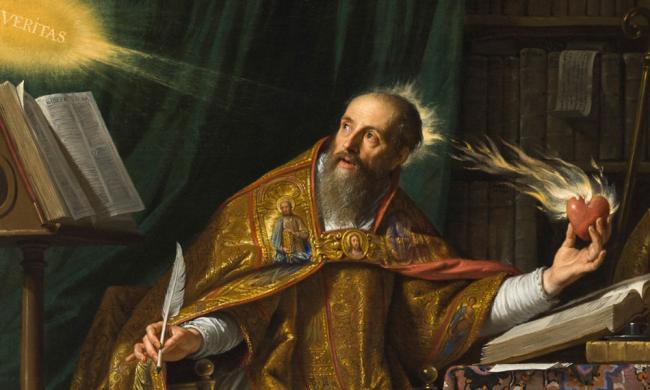
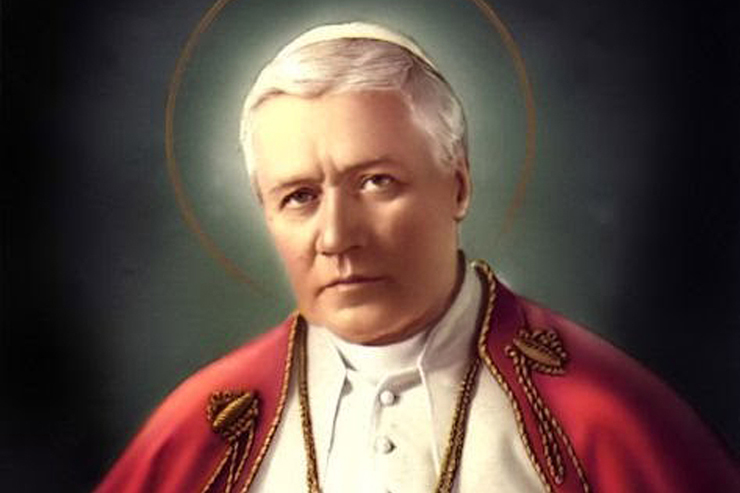

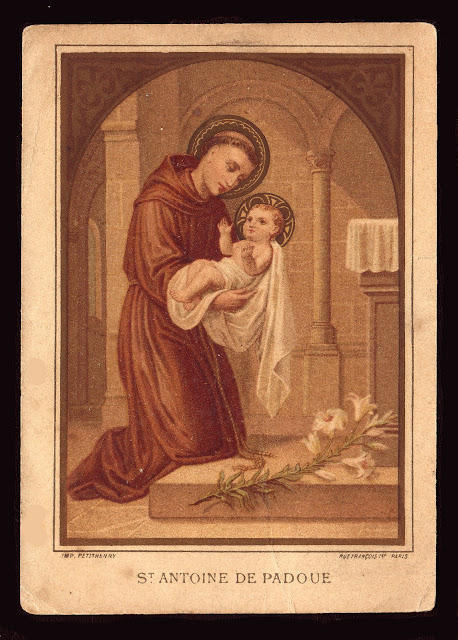
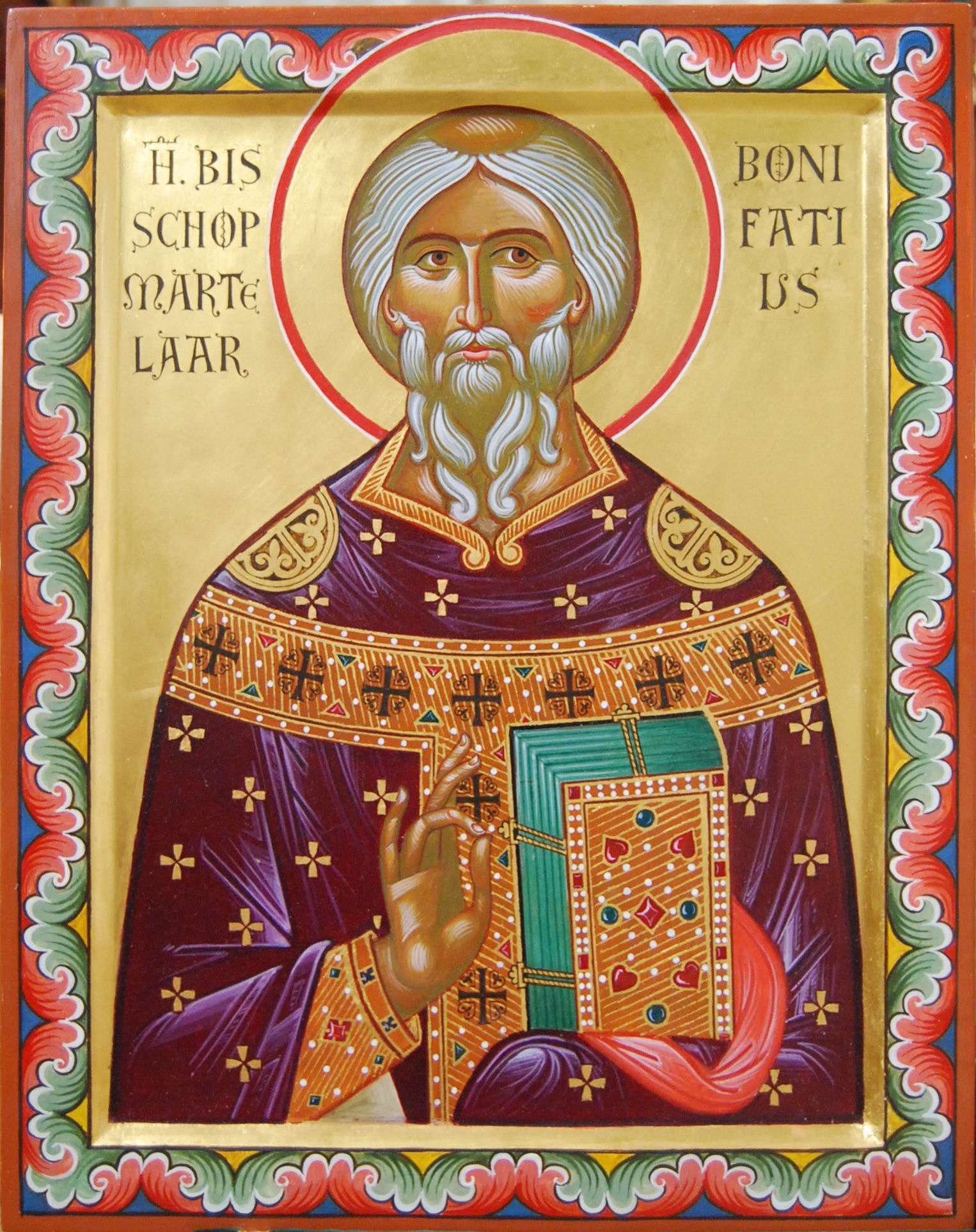
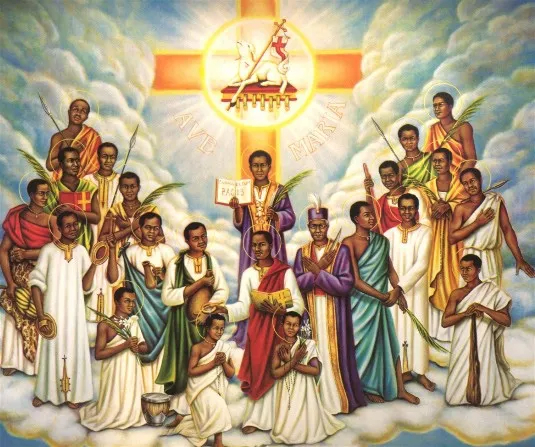
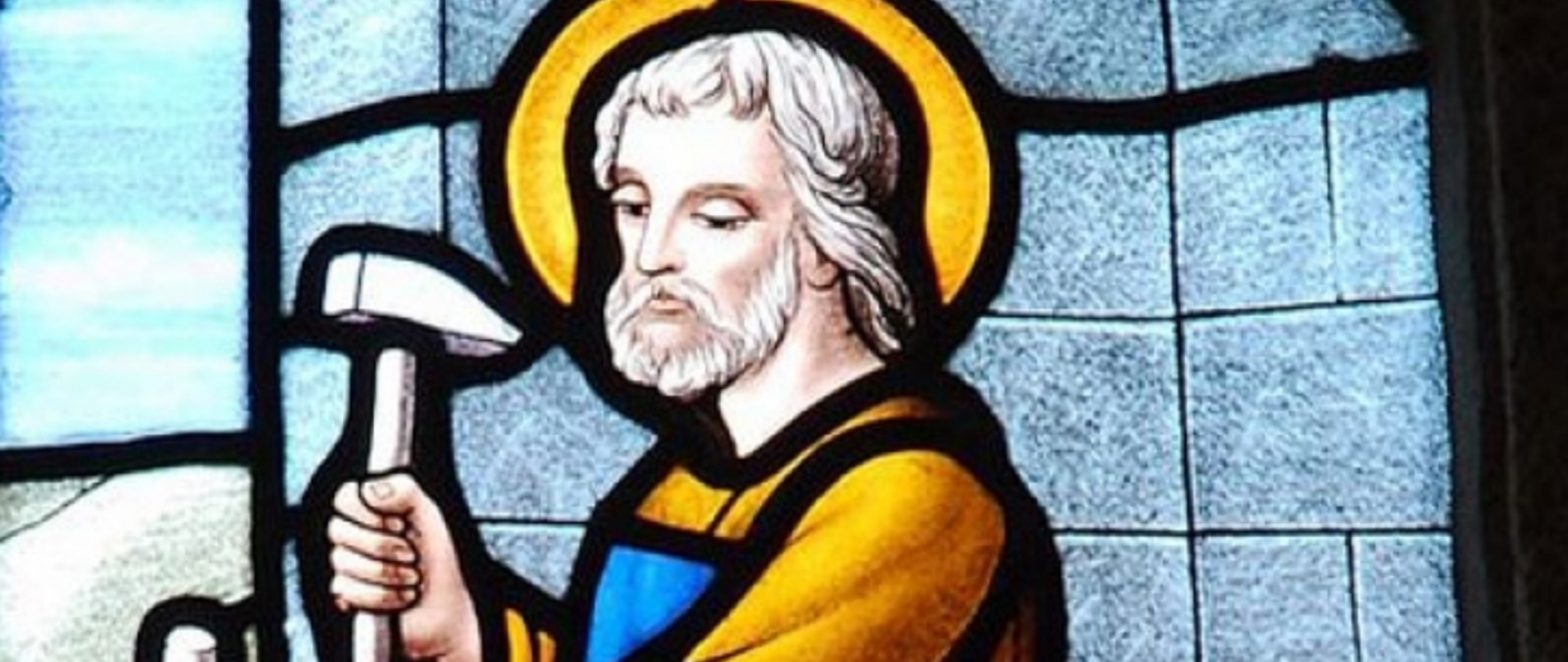
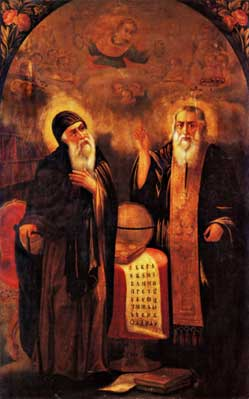
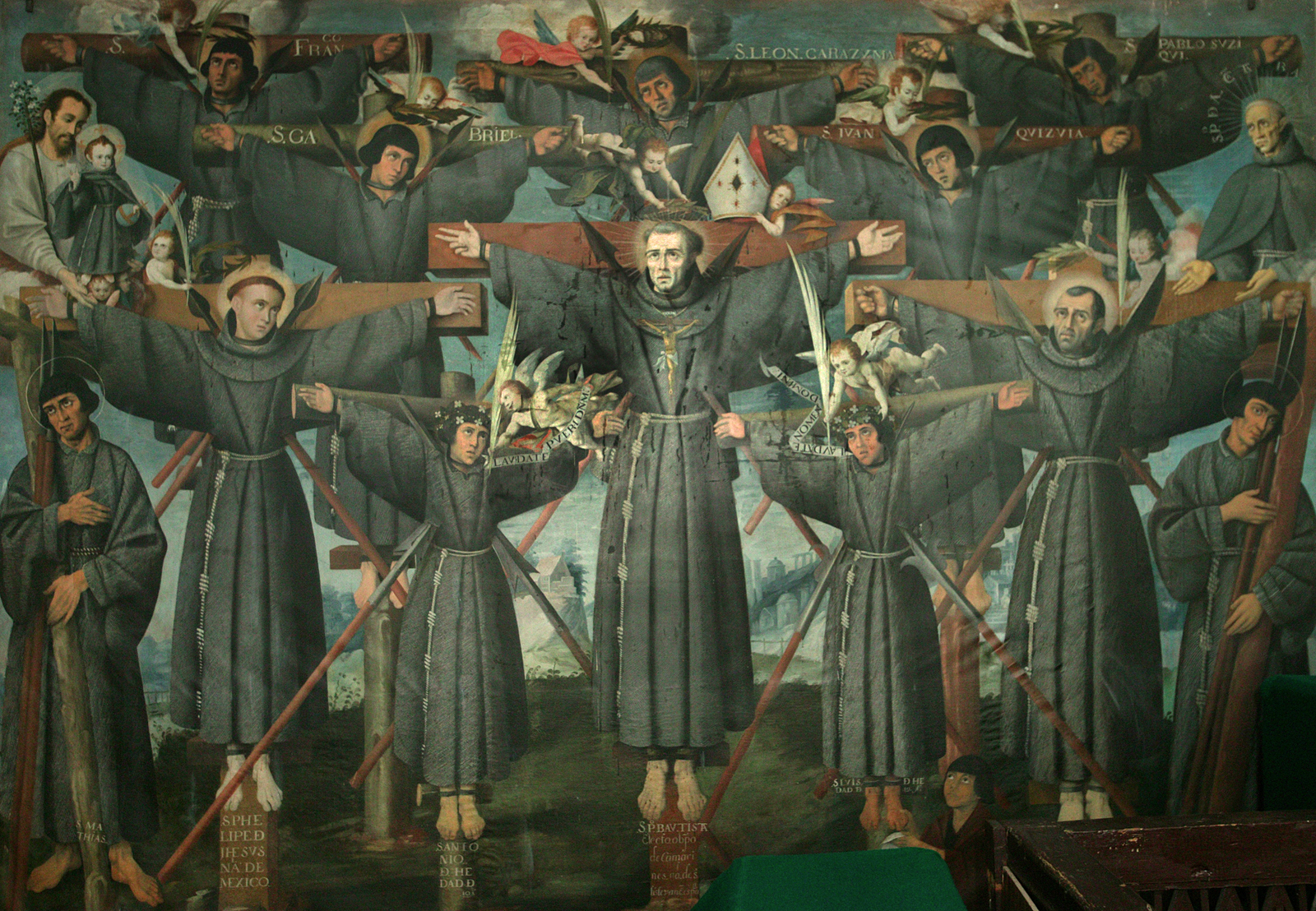
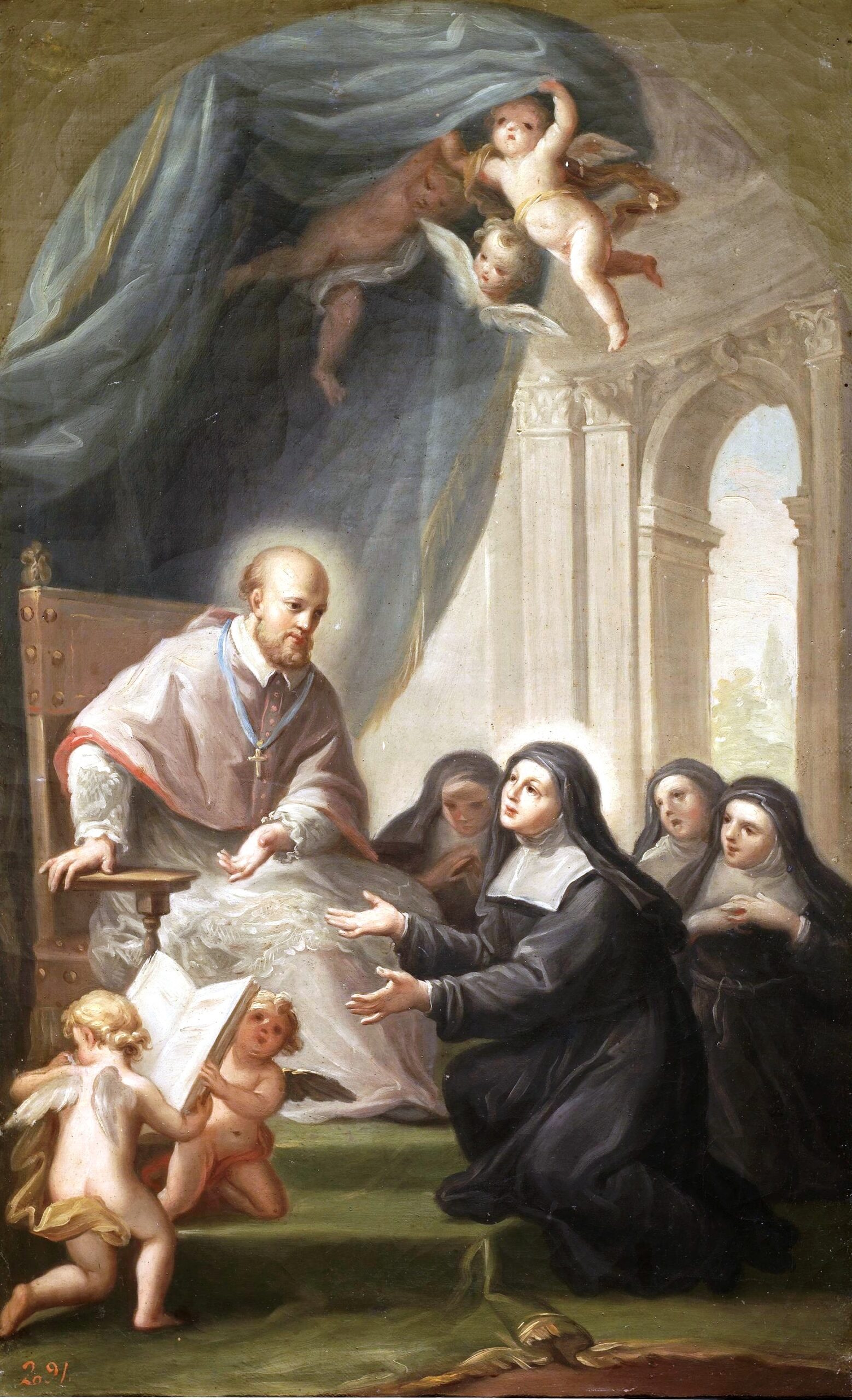
You must be logged in to post a comment.